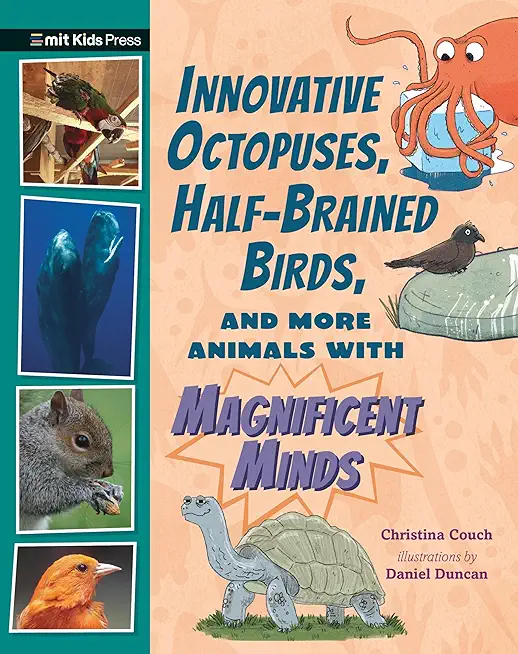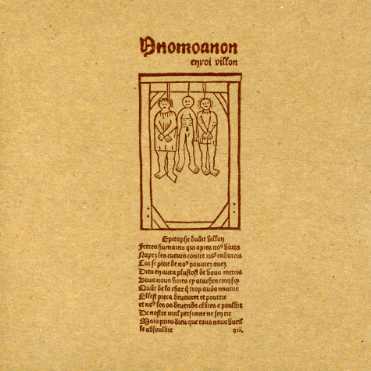
San Francisco Book Review:
"As an author of a variety of pieces of non-fiction literature for children, Marta Magellan sets out to debunk the historic myths and clear misconceptions about the creatures we call bats. Despite their usefulness in cutting down the world's supply of pesky bugs and their extraordinary ability to pollinate plants and help in the efforts of regrowing depleted forestry, many perceive bats to be disease-striken, blood-sucking, eerie creatures who hang out in dark and dreary places waiting to attack. Magellan supplies an ample amount of unique and fascinating facts about Chiropteras with hopes of changing the viewpoints of those most skeptical. She informs her readers that bats are, in fact, the world's best pollinators over long distances and that some of these creatures can eat as many as 1,000 bugs in an hour. The world would certainly be more bug-infested without them. She also notes that one of the most feared among bats, the vampire bat, may be of significant help in treating blood clots, a potentially life-threatening condition that occurs in humans. Their saliva is a hundred times more potent than the current medications used to treat this ailment. It successfully destroys the clot without adversely effecting anything else in the blood. While some bats do carry diseases, foxes, dogs, and raccoons are more likely to pass rabies on to humans than are bats. They become paralyzed when infected with this devastating disease, thus rendering them much less a risk to humans. Magellan concludes with urging her readers to help protect the habitats of these incredible creatures, so they can continue to be of great benefit to the human population.
This extraordinary work of non-fiction captures the essence of what these small, but remarkable creatures can do. Amazing, Misunderstood Bats contains a plethora of interesting and original knowledge about bats. It's effectively convincing and a far cry from being dry and encyclopedia-like. Graphic, vibrant pictures accentuate the text, and an array of boxes filled with fun facts are included that help break up the flow of the words throughout the book. Additionally, a glossary and index are provided to aid in clarifying unfamiliar vocabulary, as well as to offer guidance in finding specific topics. The striking photographs throughout will likely capture the attention of children as young as five or six and as old as nine or ten. While the younger audience may enjoy learning some of the fun facts; the older ones are more likely to bask in the details and overall content of the text. Elementary school science teachers may find this book a useful resource for their classrooms, and it's ideal for libraries in both public and private elementary schools to shelve or display. The overall quality is great, and the content is truly exceptional." Jennifer Padgett







